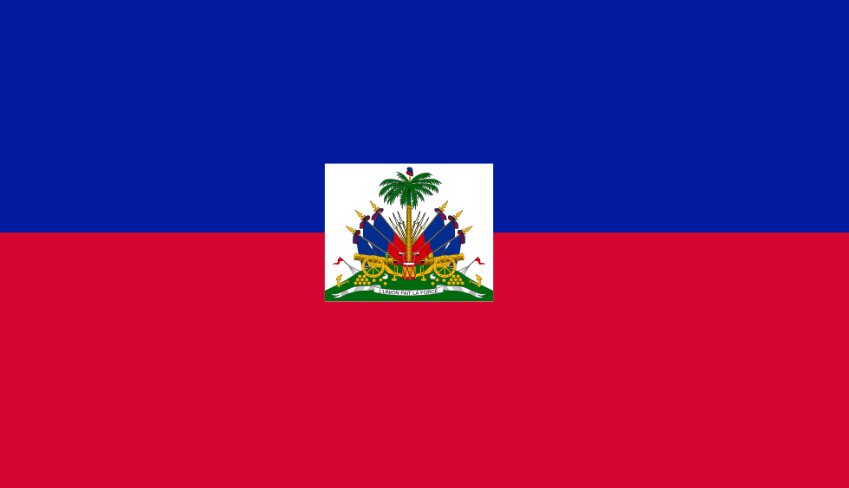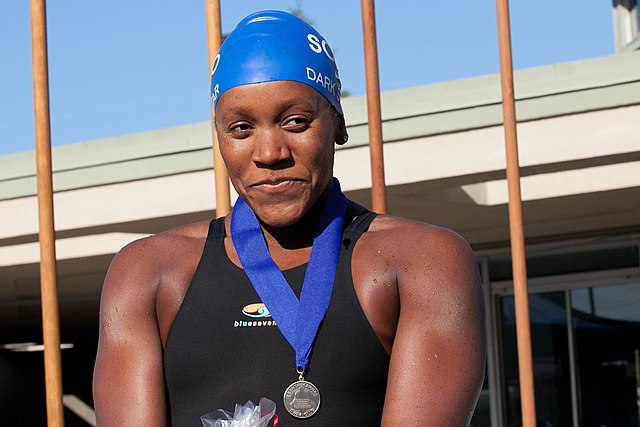This Content Is Only For Subscribers
Since July 2018, what started as protests, escalated into a crisis. The Republic of Haiti, which sits on the island of Hispaniola, Caribbean Sea, has been in crisis for five years. Unfortunately, the Haitian crisis is nowhere close to an end. Political turmoil, natural calamities, economic rundown, and COVID-19 characterize the ongoing crisis. All these have had a severe toll on the Haitian people.
People were demanding the resignation of the then president, Jovenel Moise. Since the protests began in 2018 until 2021, the citizens asked the government to resign. Besides, Haitians cited misuse of funds, increased taxes on gasoline, impunity, poor living conditions, and corruption as other reasons for protests.
Become an insider. Subscribe to our newsletter for more top trending stories like this!
All the challenges have affected citizens beyond imagination. Here are eight consequences of what the Haitian crisis has done to its people since 2018.
Join our Spotcovery Global Black Community Facebook Group for early access to exclusive content and to share in a lively discussion.
Political Instability
The political landscape of Haiti has been marred by instability, alongside a series of protests, government changes, and corruption allegations.
Since 2018, the country has seen multiple changes in leadership. A surge in public discontent accompanies each. This political instability has not only hindered the government’s ability to address pressing issues but has also contributed to an atmosphere of uncertainty and insecurity among the citizens.
Jovenel’s term was supposed to end in February 2021. However, he continued to rule by decree. He refused to hold elections as expected. Consequently, protests intensified, and the president was assassinated in July 2021. This worsened the political environment.
Economic Hardships
The economic turmoil started in 2018 when the then government- removed fuel subsidies. As a result, fuel prices increased sharply, and citizens experienced a ripple effect in the economy. The cost of food commodities drastically increased, and people struggled to make ends meet.
Currently, the country is one of the poorest in the world. The unemployment rate is high, and more than 60% of the population lives below the poverty line. Besides the political instability, COVID-19 further deepened the situation in Haiti. Businesses were closed, and people lost their sources of income. The current administration has been unable to support its citizens.
People Also Read: Afro-Caribbean Celebrities: 10 Top Actors
Gang Violence
Gang violence is a severe challenge in Haiti. Unfortunately, the government has been unable to address the gangs. Lack of resources and political turmoil are dragging efforts to curb these groups of violence. There is understaffing and poor- no equipment in the police department. Thus, the force is unable to challenge the gangs.
Majorly, the gangs have control in the Port-au-Prince neighborhood and other cities. The gangs are involved in kidnappings, extortions, and even murder. Without a doubt, economic development and growth can’t be realized in this nation.
Social Unrests
Haiti has had a rough season of public order disruption. Thus threatening their public safety. The violent clashes with the police coupled with demonstrations are regular. Consequently, the citizens are grappling with anger and frustrations, the compounding effect of the crisis.
To say the least, the social fabric of Haiti is strained. People are calling for justice, accountability, and a better tomorrow.
People Also Read: 5 Beautiful Rare Caribbean Animals You Must See
Effects of Natural Disasters
Due to its geographical location, Haiti is a vulnerable nation to natural calamities. It’s prone to earthquakes, floods, and hurricanes. For instance, in 2021, the country was hit by a major hurricane, Grace. It severely damaged the southwestern peninsula, killing 300 people and displacing over 1 million others.
Being located in the Caribbean Hurricane Belt exposes it to hurricanes every year. Also, the country sits at a major fault line. Consequently, devastating earthquakes strike now and then. The poverty levels derail the citizens’ efforts to recover once hit by any of the calamities.
Can you imagine adding political turmoil and economic hardship to these natural calamities?
Become an insider. Subscribe to our newsletter for more top trending stories like this!
Humanitarian Impact
The most grumbling effect of the Haitian crisis is political instability. This has led to a lack of a functioning government that can coordinate something for its people. Consequently, international groups are unable to offer assistance. With no structure or government, the delivery of aid is halted.
The people of Haiti are living in poverty, fear, and hunger. Due to economic challenges, people can’t afford food, shelter, and health services. Instead of children going to school, they are forced to stay home or look for employment opportunities.
Citizens are unable to move due to the gang violence. In fact, most are staying indoors, fearing being kidnapped, robbed, or killed. To look for the necessities, the citizens are facing internal and external displacement.
People Also Read: Black Entertainment: 5 Interesting Afro-Caribbean Films To Watch
Effects of COVID-19
COVID-19 severely impacted Haiti. The healthcare system was overwhelmed. Hospitals were overcrowded and lacked the needed supplies. Many were unable to afford health services even though they accessed them.
Business and learning institutions were closed. This meant the loss of jobs and economic hardships. The economic fallout from lockdown and restrictions has added a layer of hardships. The tourism industry was largely impacted yet is a major source of revenue.
Although the actual figures are not clear, Haiti recorded over 34,000 cases of COVID-19 and over 700 deaths. The vaccination efforts faced obstacles.
Hope and Resilience
Even though the road to recovery is long and challenging, the Haitian people have shown notable resilience. They have a tenacious spirit of hope. The crisis has been testing their limits.
Their resilience and hope have been marked by community solidarity. People in their localities have come together to support each other. This has created a sense of belonging and molded strength in adversity.
Besides, there have been local initiatives to deal with the diverse challenges in the country. Although Haitians need international help, rebuilding their lives and communities shows determination.
In addition, Haiti has a rich cultural heritage, which has helped sustain people’s resilience. Art, music, and other cultural practices offer comfort and a sense of pride.
The Haitian crisis has resulted in devastating challenges. The impact on the Haitians has been that of suffering and hardship. However, the citizens are hopeful. Their determination will one day bear fruits.
People Also Read: Melchie Durmonay: Haiti’s Teenage Sensation Rise to World Football
Nearly 80% of consumers visit directories with reviews to find a local business. List your business for free in our exclusive Spotcovery Black-Owned Business Directory.
Spotcovery offers unique and fresh daily content on Black culture, lifestyle, and experiences. We talk about everything black, black people, black-owned and black-owned businesses. We also deliver authentic and relevant content that will inform, inspire and empower you! The future of black media is critical to today’s black experience! Our primary audience includes African Americans, Africans, Afro-Caribbean, and people of African heritage. Black culture is for the culture!
Become an insider. Subscribe to our newsletter for more top trending stories like this!





